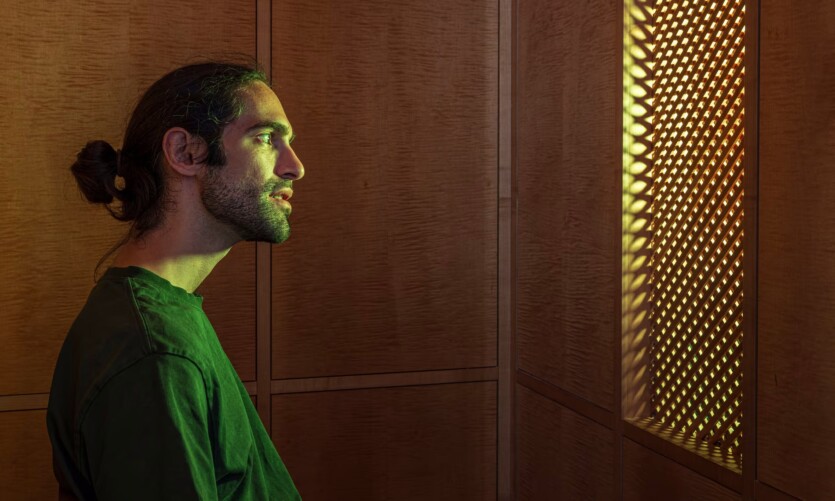
The oldest church in Lucerne, Switzerland, St. Peter’s Chapel, has turned its confessional into a place to commune with a digital Christ. The «Deus in Machina» project was launched in August in cooperation with the local university’s interactive technology laboratory.
«We wanted to understand people’s reactions to the AI version of Jesus and the topics of their conversations,» says theologian Marko Schmid.
According to him, the team discussed for a long time which image to choose for the avatar — a theologian, a saint, or an ordinary person, but finally settled on the figure of Christ.
The church used the space in the confessional to install the computer equipment. Visitors communicate with the image of Christ through a lattice screen, and the system, trained on theological texts, generates responses in real time. Before starting a conversation, users confirm that they understand that they are talking to a virtual interlocutor.
«This is not a confession in the traditional sense. We are not trying to imitate the sacrament,» Schmid emphasizes. The organizers ask visitors not to disclose personal information during the dialogue.
During the two-month experiment, more than 1,000 people of different faiths, including Muslims and tourists from China and Vietnam, interacted with the avatar. According to a survey of 230 users, two-thirds called it a «spiritual experience».
A local journalist who tested the system described some of the responses as «trite and repetitive, with calendar quote-level wisdom». Other visitors said it was impossible to have a meaningful dialog with the machine.
The Catholic community expressed concern about the use of the confessional, and Protestants disapproved of the use of religious images. However, the organizers were most concerned about the risk of uncontrolled responses from the system.
«Before launching, we tested the system with 30 people. We never noticed it saying strange things. But we couldn’t guarantee it», — Schmid says, explaining the decision to keep the project experimental.
A theologian sees potential in creating a multilingual spiritual assistant to answer religious questions. «People want a direct dialog with Jesus. They want to receive answers and hear his words,» he concludes.
The results of the experiment will be presented next week at a scientific conference. The project is the next stage in the church’s long-term cooperation with the research laboratory in the field of virtual and augmented reality.
Source: The Guardian

Spelling error report
The following text will be sent to our editors: